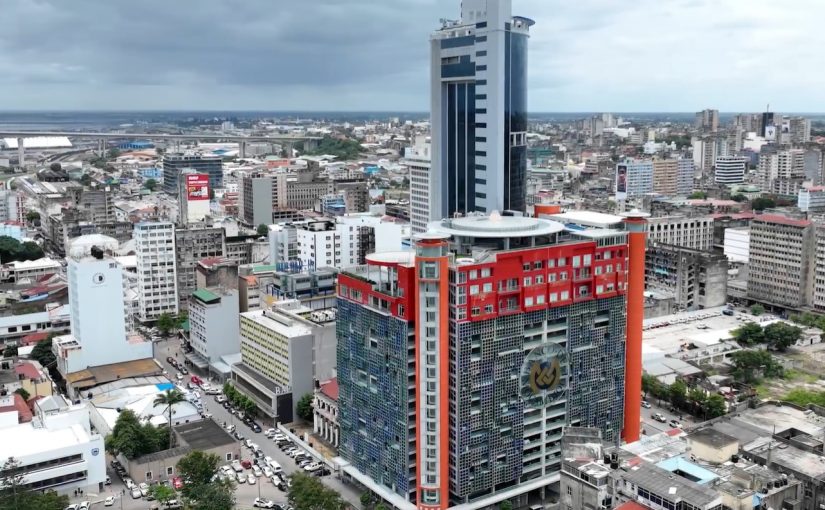Israel and Hamas agree to Gaza ceasefire and return of hostages
Mozambique: Pressure on domestic public debt continues to rise, central bank warns

File photo: Banco de Moçambique
The Bank of Mozambique warns that the “pressure on domestic public debt” in the country “continues to rise”, having grown by the equivalent of €530 million since the beginning of the year.
“Domestic debt, excluding loan and lease agreements and outstanding liabilities, stands at 454.3 billion meticais, representing an increase of 38.7 billion meticais [€530 million] compared to December 2024,” the bank says.
“Domestic public debt, excluding loan and lease agreements and overdue liabilities, stands at 454.3 billion meticais [€6.224 billion], a 38.7 billion increase compared to December 2024,” reads the statement from the Monetary Policy Committee (CPMO) meeting held on Thursday (30-08) in Maputo.
“We can only provide what we’ve observed, how the debt is behaving. The state has a growing debt, [and] it has a lot to do with the difficulty of finding resources for the State Budget, for various reasons. Now, what’s the strategy for this? How are all these things resolved? You have to ask the other side,” the central bank governor told journalists following this assessment.
“Who issues the public debt securities? Not us. Who designs the debt strategy? Not us,” Zandamela replied.
Lusa reported this week that the Mozambican government admits the possibility of a “very large impact” on domestic public debt service in the event of interest rate fluctuations, given the increase in the stock, and expects to spend the equivalent of €267.2 million in September alone.
“Given the increase in the domestic debt stock in recent years, an interest rate shock will have a significant impact on domestic debt service,” states the 2026-2028 Medium-Term Fiscal Scenario (CFMP), adding that current data show “a concentration of payments in specific periods, which may put pressure on the public treasury, requiring constant monitoring throughout the period.”
The report even states that in September, “expected payments for amortization and interest total approximately 20 billion meticais [€267.2 million],” making this “the largest amount to be disbursed throughout the year” of 2025.
“This scenario poses a risk as it reflects the growing dependence on domestic debt, whose service has become a substantial burden on public spending, coupled with limited access to external credit and the growing need to finance the budget deficit, thus intensifying pressures on public finances,” the document notes.
Lusa reported in May that the refinancing of Mozambican short-term domestic debt issues cost 19.211 billion meticais (264 million euros) in the first three months of the year, but the Ministry of Finance doubts the effectiveness of the measure.
According to data from the Ministry of Finance’s report on the evolution of public debt from January to March, compared to December 2024, this represents an 8.9% increase in the stock, corresponding to an additional 36.223 billion meticais (€498.1 million), influenced by the refinancing of short-term debt.
“Although this is a liability management operation aimed at mitigating refinancing risks and improving debt service predictability, its effects have proven adverse due to refinancing under more onerous terms and conditions, contributing to the increase in the debt stock and raising concerns about the effectiveness of the adopted strategy and its sustainability in the medium term,” the report reads.
Furthermore, domestic debt – which closed the first quarter at 443.218 billion meticais (€6.094 billion) – was, the document acknowledges, “aggravated by the issuance of debt in advance under the central bank’s Credit Facility”, amounting to 21.6 billion meticais, a 23.8% increase.












Leave a Reply
Be the First to Comment!
You must be logged in to post a comment.
You must be logged in to post a comment.